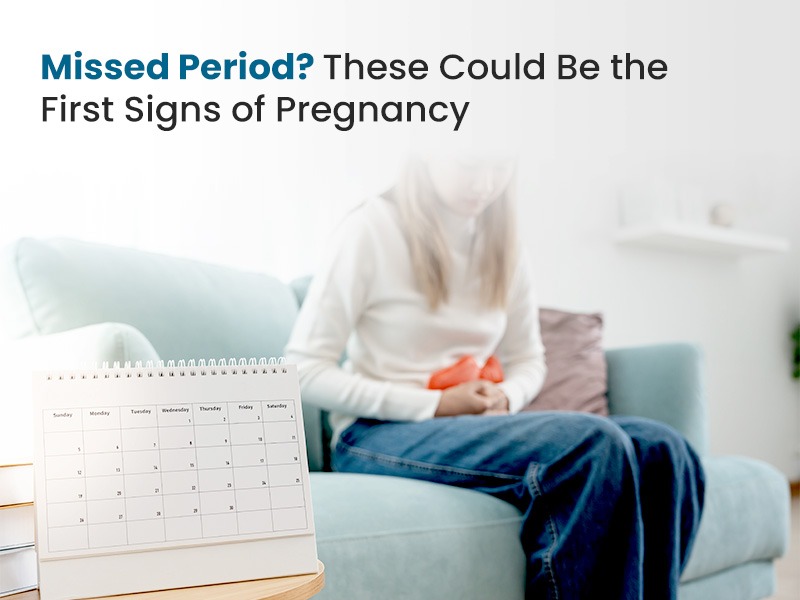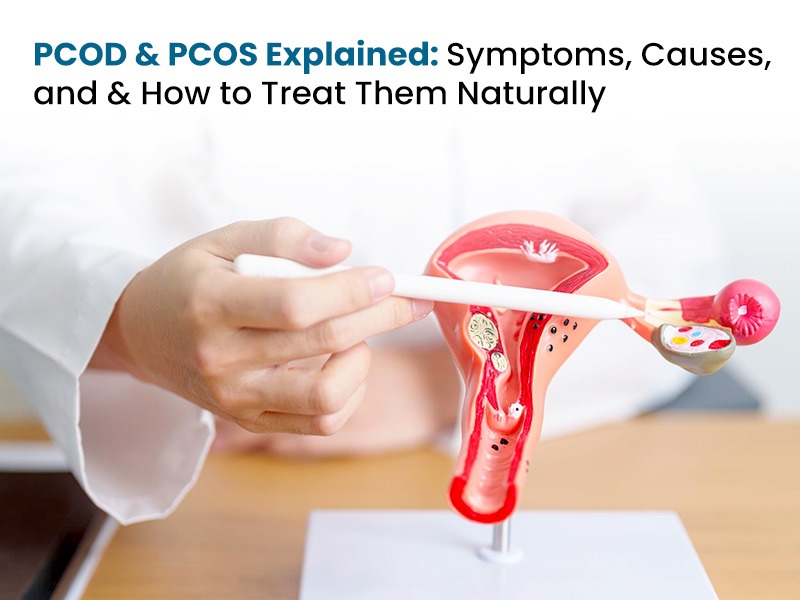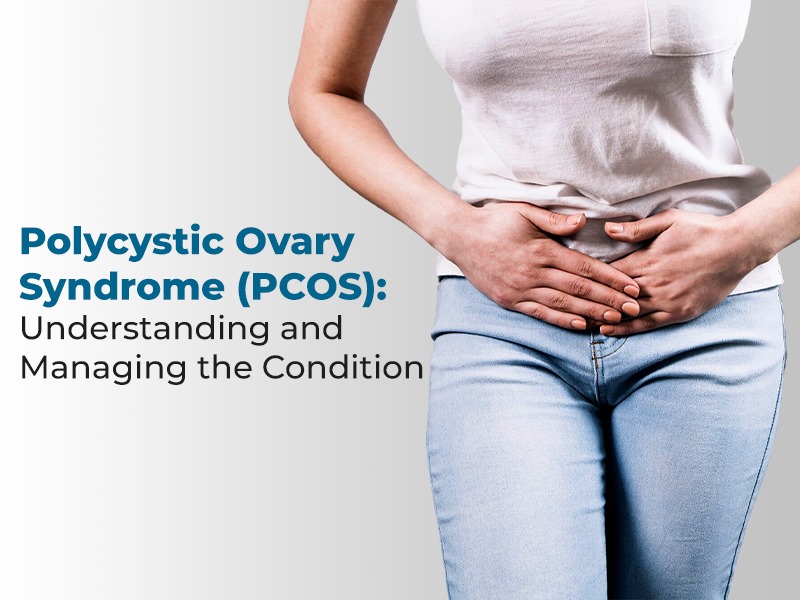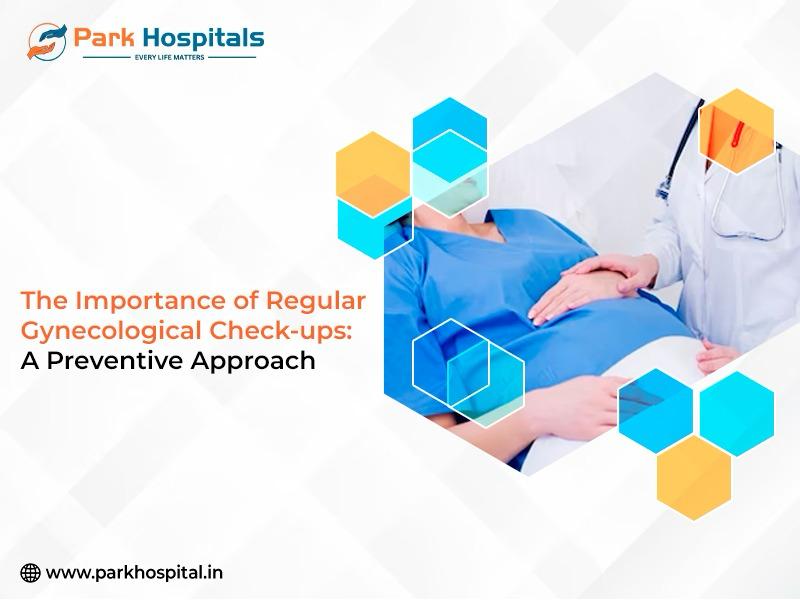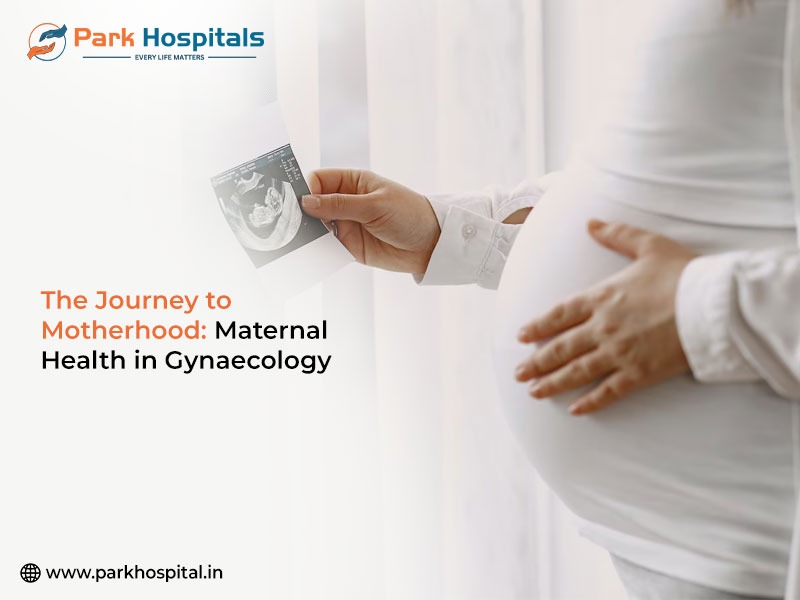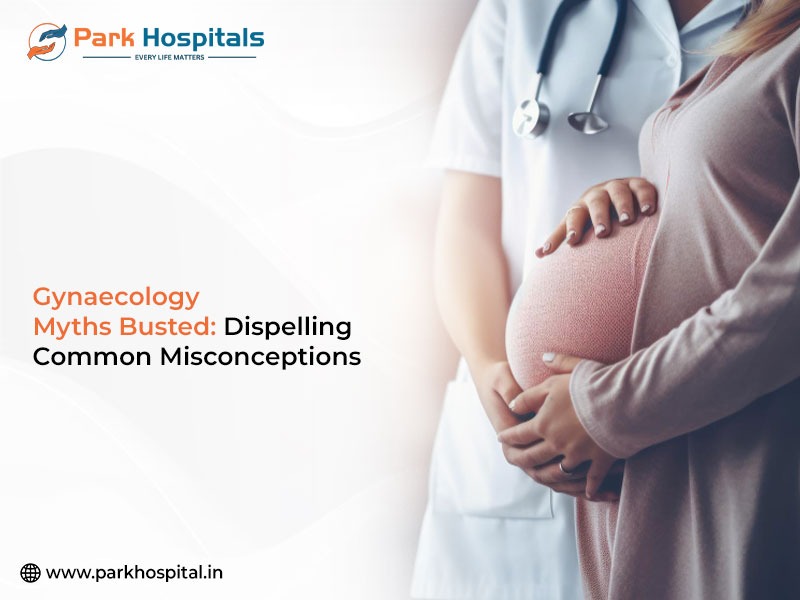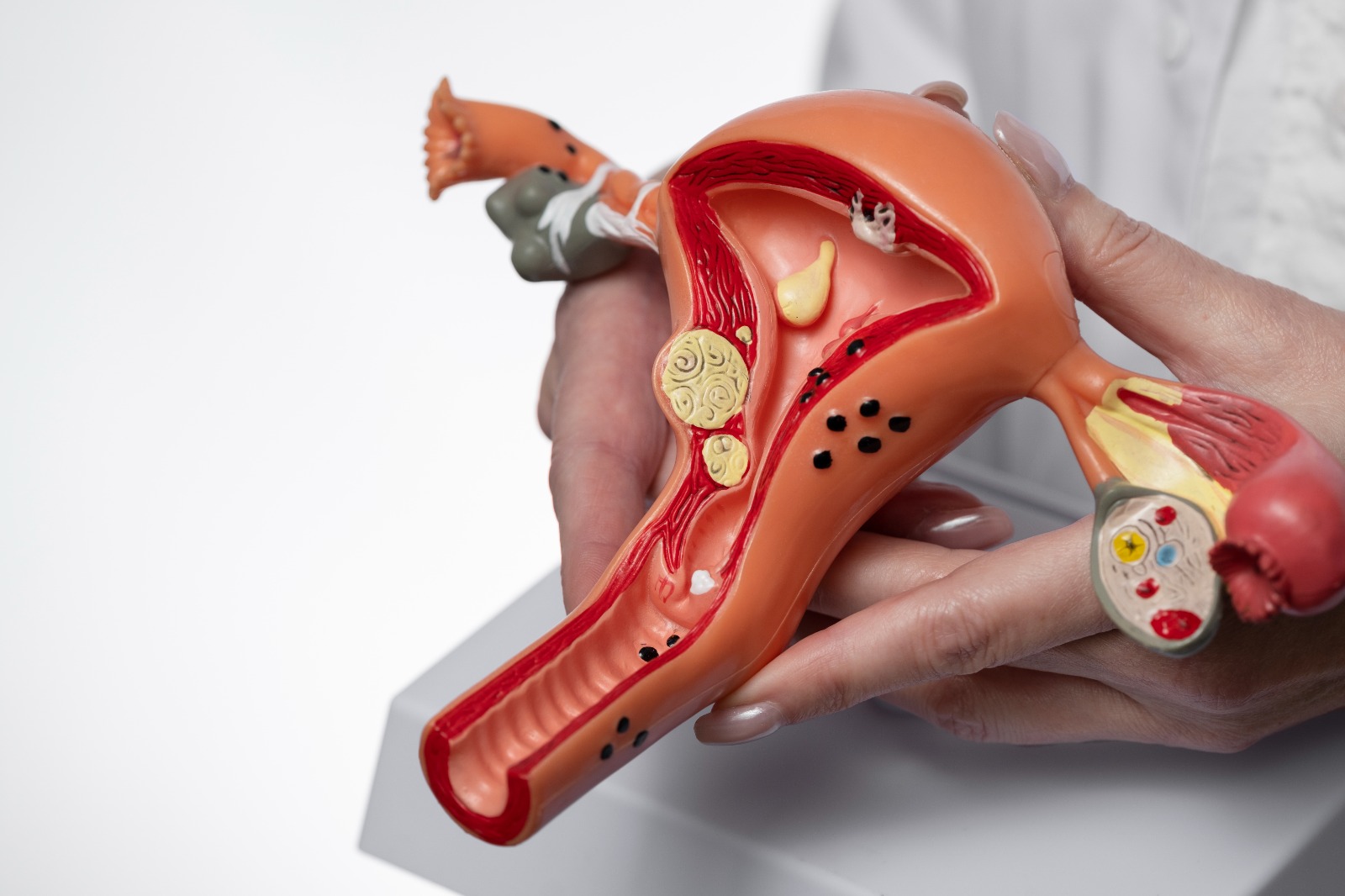Menstrual cycle, a monthly occurrence, experienced by half of the population, yet still very much wrapped up in taboos and misconceptions. It is extremely shocking and saddening that many men, especially in rural areas, are not even aware of the concept of periods, let alone have empathy towards the gender that experiences the challenges surrounding it. This lack of education often leads to ignorance when something is not normal, for instance, an irregularity in periods.
Irregular periods can be due to a number of reasons, which we will dive into in more detail throughout this blog. However, one thing is certain: you should never consider it a minor inconvenience and consult a gynaecology hospital as soon as you can.
Park Hospital stands tall for the way it sheds light on how crucial it is to keep track of your periods and, upon experiencing an irregularity, encourages a timely diagnosis for prompt treatment and recovery.
Common Culprits of Hormonal Havoc
There could be many reasons why you are experiencing irregular periods, according to the doctors at the best gynecology hospital in Delhi. Here are some of the most common culprits of why your hormones are all over the place, causing your cycle to go completely out of sync:
1. Polycystic Ovary Syndrome (PCOS): PCOS is one of the major reasons behind the irregularity of your periods. When your ovaries begin to produce excessive androgens, which are male hormones, this is what messes up your ovulating phase, hence overall impacting your cycle. PCOS can lead to heavy periods, infertility, and acne.
2. Thyroid Disorders: There are two kinds of thyroid disorders, hyperthyroidism (overactive thyroid) and hypothyroidism (underactive thyroid). Both of them can be a significant cause of imbalance in your hormones. Irregular periods can be one of the initial signs, alarming you that you need a thyroid check-up as soon as possible.
3. Extreme Stress, Anxiety, Depression, and Lifestyle Factors: Another one of the major reasons why you could be getting irregular periods is the stress levels. Your mental health plays a crucial role in defining your menstrual cycle. If you are under immense stress and anxiety, it is time to consult your best gynaecologist in Faridabad.
What Else Could Be Going On?
The root cause of an irregular period can be deeper than one might anticipate. Here are some of the other reasons that could be affecting your menstrual health, which need immediate attention:
● Endometriosis: This condition is extremely painful and requires a prompt visit to your gynecologist. It is when a tissue similar to the uterine lining is produced outside of your uterus. It can be immensely painful, requiring laparoscopic techniques to deal with. It often goes unnoticed and ignored by patients experiencing it; however, gynecologists at Park Hospital shed crucial light on the severity of this condition.
● Uterine fibroids or polyps: Uterine fibroids are also known as non-cancerous tumors, while polyps are small tissue growths that work their way towards deteriorating your uterus's shape and health. With the meticulous use of ultrasound and hysteroscopy facilities at the gynaecology hospital, you can accurately detect the growth of these tissues.
● Perimenopause or premature ovarian failure: Perimenopause is the phase of your life before stepping into menopause, where your period completely stops after the age of 40. On the other hand, ovarian failure is not a natural part of aging; rather, it is a condition where the ovaries stop functioning normally before age 40.
● Medications like antidepressants or birth control pills: Certain medications can further affect your cycle. Search for a gynaecologist hospital near me and visit them if you see irregularity in your periods, especially if you take antidepressants, antipsychotics, chemotherapy drugs, or even hormonal birth control.
The Park Hospital Promise: Compassion, Care, and Clarity
At Park Hospital, they go beyond surface-level diagnosis. Whether your irregular periods stem from a known hormonal disorder or something more complex like endometriosis or fibroids, their multidisciplinary team is committed to giving you answers, not just pills.
They believe in clear communication, gentle care, and creating a treatment plan that respects your body and your life goals. Because at Park Hospital, they don't just treat problems, they partner with you to reclaim your health, confidence, and peace of mind.
Also read: Missed Period? These Could Be the First Signs of Pregnancy
FAQS
1. Can hormonal imbalance cause irregular periods?
Yes, hormonal imbalance can be a leading cause of irregular periods. Major hormones named estrogen and progesterone are mostly responsible for your menstrual cycle. When they fluctuate and or go out of sync, that is when you see irregularity in your periods.
2. Is PCOS a cause of irregular periods and hormonal imbalance?
Absolutely! Polycystic Ovary Syndrome (PCOS) is a leading cause of irregular periods and hormonal imbalance. It is a situation when your body produces excessive amounts of male hormones, leading to inconsistency in your menstrual cycle.
3. Are irregular periods a sign of infertility?
Irregular periods are not always a sign of infertility. However, in many cases, it can indicate a deteriorating health of your reproductive system. An irregularity in the menstrual cycle is usually a sign of inconsistent ovulation. However, many women with irregular cycles can still get pregnant with proper medical support.
4. How can I naturally balance my hormones to regulate periods?
Balancing hormones naturally starts with making lifestyle changes. A healthy diet rich in whole foods, lean proteins, and healthy fats supports hormone production. Regular physical activity helps reduce insulin resistance and stress hormones. Managing stress through yoga, meditation, or counseling is key, as chronic stress can disrupt your cycle.
5. Can thyroid problems cause irregular menstruation?
Yes, both an underactive thyroid (hypothyroidism) and an overactive thyroid (hyperthyroidism) can cause menstrual irregularities. Hypothyroidism often leads to heavier, longer, or more frequent periods, while hyperthyroidism may result in lighter or missed periods. The thyroid plays a critical role in regulating hormones that influence the menstrual cycle.








